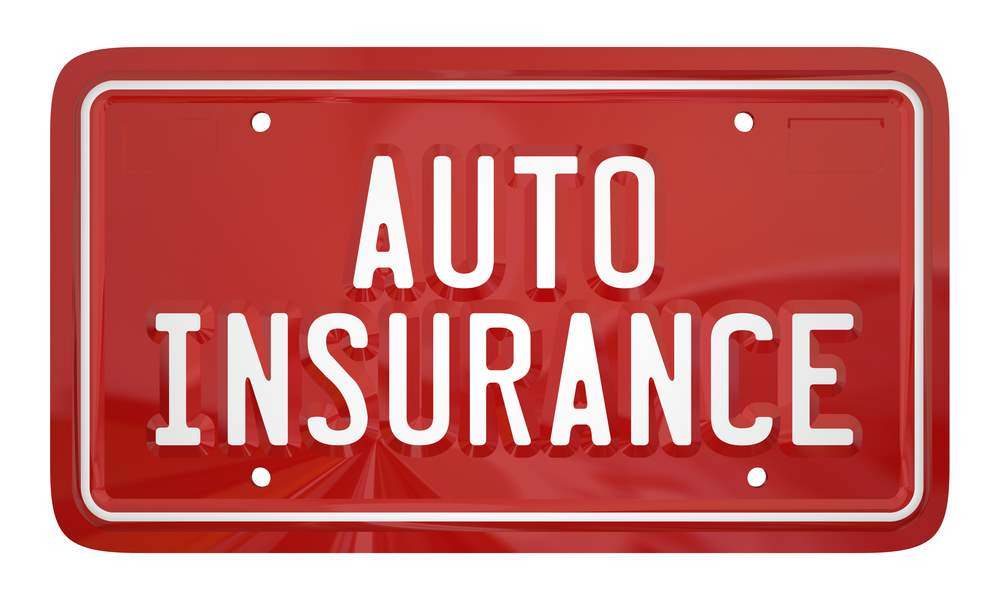What does Florida's no fault auto insurance really mean? Florida is a “No-Fault” insurance state as it relates to automobile liability insurance.
Florida is a “No-Fault” insurance state as it relates to automobile liability insurance. This is an often misunderstood topic. Drivers who may have caused an automobile accident in Florida and had a claim brought against them sometimes wonder how those claims were allowed if Florida is a “No-Fault” state. Those drivers incorrectly believe that because we are a “No-Fault” state, they can’t be sued for injuries they cause in an accident. Under Florida law, every motorist is required to carry a minimum of $10,000 in Personal Injury Protection (PIP) coverage. A driver’s PIP coverage, as this type of insurance is most often known, is to cover medical bills and lost wages the driver may suffer in an accident, no matter who caused the accident. When a crash occurs, each person involved in the crash turns to his or her own insurance company to pay the costs of medical care and other losses. By contrast, in an “at-fault” state, drivers may choose to file a claim with their own insurer of a claim with the other driver’s insurer, or file suit against the other driver to prove fault t determine the one responsible to pay the costs of the accident.
What many drivers do not realize is that, under Florida’s no fault statute, their PIP coverage by law only covers 80% of the medical bills which they may incur in an accident as well as only 60% of lost wages or income they may suffer in a car accident. Their PIP coverage is also subject to whatever deductible they may have chosen. The deductible will lower your premium but it will also mean that you become personally responsible for the first $1,000 in medical bills or lost wages. As an example of how this would work, a-sume you have a $10,000 PIP policy with a $1,000 deductible, the absolute minimum required under Florida law. You are hit by another driver in an accident in which the other driver is clearly at fault. A-sume you go to the emergency room and your medical bills are $2,000 plus you are out of work for one month and lose out on $3,000 in income.
If you did not suffer any injuries in the accident which are considered “permanent injuries” under Florida law (see below for how this is defined), you are then only entitled to receive $2,400 from your automobile insurer ($1,600 of medical expenses + $1,800 in lost wages- and taking in to account your $1,000 deductible) even though your total damages were $5,000! If you did not suffer any permanent injuries as a result of the accident and your total losses are less than $10,000, you cannot sue the other driver for the remaining $2,600 in damages you suffered as a result of that driver’s actions.
There are exceptions to Florida’s “No- Fault” law that permit a motorist to directly sue another motorist who caused the accident. The first exception to Florida’s no fault statute is if a person suffers a permanent injury as a result of the accident, Florida statute (627.737(2)) defines a permanent injury as: (i) significant and permanent loss of an important bodily function; (ii) permanent injury within a reasonable degree of medical probability, other than scarring or disfigurement; (iii) significant and permanent scarring or disfigurement; or (iv) death. Accordingly, if a driver suffers a “permanent injury” as defined above, then he is not subject to the “No-Fault” limitation against the at fault driver and may be able to bring a claim not only for medical bills and lost wages but also to recover for pain and suffering and other “intangible” damages suffered as a result of the accident. Another exception would be if the injuries suffered are not permanent, but the medical bills (or lost wages) total more than the $10,000 in PIP coverage. In that instance, a claim can be brought to recover the medical bills (or lost wages) not covered by the PIP insurance.
Obviously, even though Florida is a “No-Fault” state, the application of the law is limited since it only applies to those accidents in which the medical bills and/or lost wages or lost income do not exceed $10,000 and where someone has not suffered a permanent injury.


/understand-State-Minium-Insurance-coverage-is-it-enough-in-a-car-accident-57407ec63df78c6bb08eac67.jpg)




















